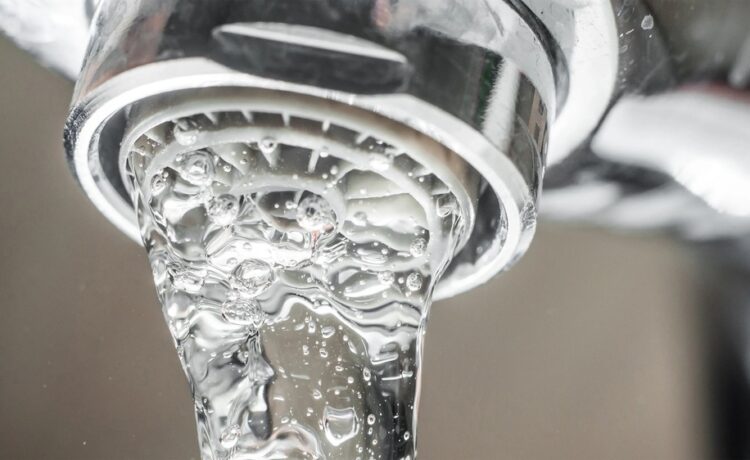When someone says “water softener,” what do they really mean? Water softeners, often called “water softners,” were developed to alleviate the issues brought on by hard water. It’s important to keep an eye out for signs of hard water, such as spots on dishes, a ring around the tub, discoloured clothes, and even scale growth in the coffee maker. The hardness of your home’s water is likely the cause of all these problems. A water softener is a great purchase if this is the situation in your house.
In compared to soft water, hard water may make it more difficult to clean items like skin, hair, dishes, and clothing. More than eighty-five percent of American households have issues related to hard water, according to the United States Geological Survey (USGS).
Submerged slopes raise safety concerns
Calcium carbonate, magnesium carbonate, and manganese all contribute to the rock’s overall hardness by dissolving in underground water, possible origin of hard water at this location. The presence of these elements in water gives rise to the concept of “hardness,” a word used to describe the water’s overall quality. As a distinct quality, hardness may be evaluated and quantified independently. Therefore, the most crucial step in this process is picking out the right water softener.
When we say that water is “hard,” what do we mean by that?
Dissolved hardness mineral concentrations in water are often defined as being more than or equal to one grain per gallon. These numbers represent the concentrations of certain hardness minerals. In this case, one grain per gallon is the maximum allowable figure (GPG). It is generally agreed that water with a GPG of 3.5 or below is soft. This is because the risk of scale development is reduced in soft water. As much as 10% of hard water’s mineral content comes from gypsum (GPG). Almost everyone has access to water that falls somewhere in the middle of these two extremes in terms of hardness.
The following happens in environments with hard water:
More than the health risks associated with hard water use, people should be worried about the high costs associated with it. Some research suggests that drinking hard water is harmful to human health. When water-dependent objects, like the plumbing in your home, begin to degrade, you’ll notice the majority of the difficulties produced by hard water. Calcium and magnesium, which are found in abundance in hard water, have a role in this phenomenon. The risk of water heater failure increases if scale is allowed to build up inside of them. Due to the high temperatures at which water heaters operate, scale may readily form on their surfaces. The Water Quality Research Council funded studies that found that water heater efficiency dropped by as much as 30 percent when hard water was present as a result of scale buildup.
Water softening systems that don’t involve the use of salt are an option.
With salt-free water softeners, the regeneration process uses potassium chloride instead of sodium. Those aiming to limit their sodium intake will gain the most from utilising one of these tools. Hard water’s mineral content may leave behind a corrosive scale deposit on the interior of pipes and other water-using equipment. However, this may be avoided with the use of a descaler.











